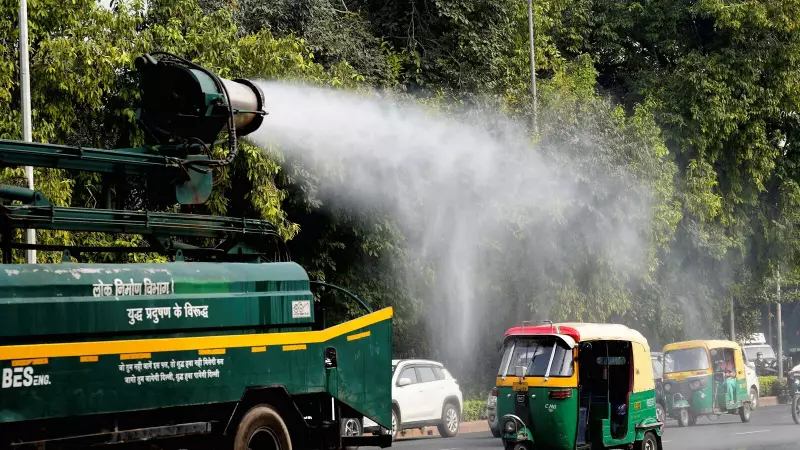
In a significant move to combat Delhi's persistent air pollution crisis, the city government has announced stringent new regulations that will dramatically impact vehicle movement across the capital. Beginning November 1, all vehicles not complying with BS-VI emission standards and registered outside Delhi will be completely barred from entering the city.
What This Means for Vehicle Owners
The new restrictions represent a major escalation in Delhi's fight against toxic air quality. Previously, only certain categories of vehicles faced restrictions, but this comprehensive ban covers all non-compliant vehicles regardless of type, as long as they carry out-of-state registration.
Key Implications of the Ban:
- Complete prohibition on non-BS-VI vehicles with external registration
- Year-round enforcement regardless of air quality levels
- All vehicle types including private cars, commercial vehicles, and two-wheelers
- No seasonal exemptions unlike previous Graded Response Action Plan measures
Why This Ban Matters Now
The timing of this announcement is particularly crucial as Delhi prepares for its annual winter pollution season. With stubble burning in neighboring states typically peaking around October-November, authorities are taking preemptive measures to control controllable pollution sources.
Environmental experts have long pointed to vehicle emissions as one of the major contributors to Delhi's poor air quality. The transition to BS-VI standards, which are substantially cleaner than previous norms, represents a critical step toward sustainable urban mobility.
Practical Impact on Daily Commuters
For thousands of daily commuters who travel to Delhi from neighboring states like Haryana, Uttar Pradesh, and Rajasthan, this ban could mean significant changes to their travel patterns. Many older vehicles that haven't been upgraded to BS-VI standards will now need alternative arrangements.
What Vehicle Owners Should Do:
- Verify your vehicle's compliance certificate
- Check registration documents for emission norms
- Plan alternative transportation if your vehicle doesn't meet BS-VI standards
- Consider upgrading to cleaner vehicles for long-term convenience
The Delhi government has emphasized that this measure is part of a broader strategy to make the capital's air safer to breathe, particularly during the challenging winter months when meteorological conditions trap pollutants close to the ground.






